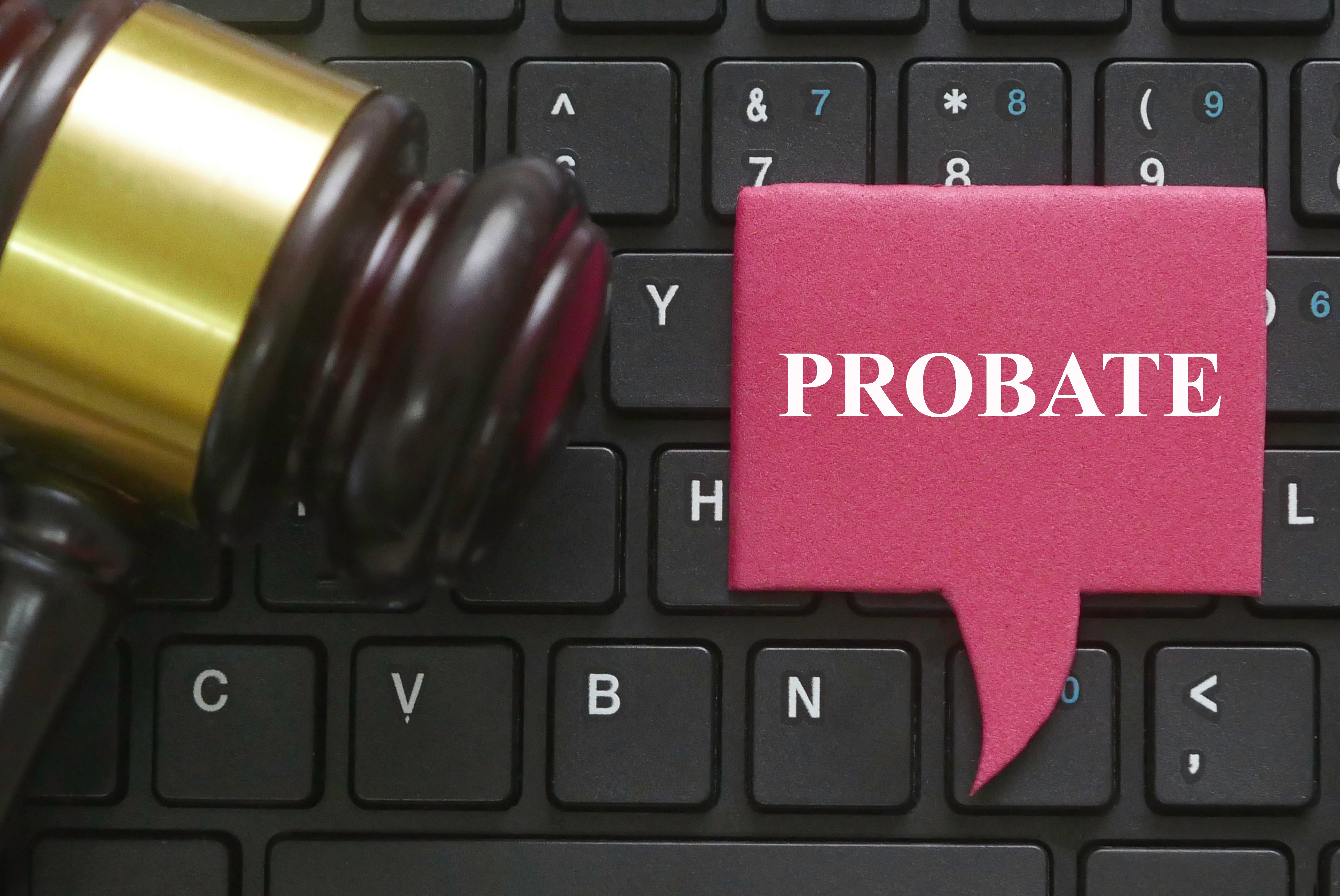Call us now:

My friend had difficulty getting access to her husband’s online information after he passed. What rights, if any, does a spouse have to online stuff?
One of the hot topics in estate planning is digital assets. Digital assets are part of most of our lives to some degree, for example:
Passwords to online banking and business accounts
Facebook
Email accounts
Web pages
Domain names
Blogs
YouTube
Twitter
Digital art and recordings
Bitcoins (a digital currency)
Dropbox and other cloud storage services
All those books you download to read on your Nook/Kindle
Suzanne Brown Walsh, head of the Uniform Law Commission’s Fiduciary Access to Digital Assets Drafting Committee, and her renown legal colleague Conrad Teitell write that “defining digital assets is a bit like nailing jello to a wall, because the digital world is constantly changing.”[i]
I think of digital assets as electronic records that a person is entitled to access through a tangible device like a computer, smart phone, tablet or server. Such assets are subject to Terms of Service Agreements (TSA), which generally are take it or leave it contracts where the consumer has no chance to negotiate terms of use between his or herself as the online account holder and the account custodian. Yahoo!’s TSA prohibits all postmortem transfers and access. Facebook will allow a personal representative or family member to access content with a court order via a “Special Request”. Once memorialized no one else is allowed to log in to the site. The entire account can be removed from Facebook. Amazon’s Kindle and Apple’s iTunes allows account holders only to download book and music files, but prohibits transfers or sales. Death is not specially mentioned in Apple’s TSA and I’ve not personally heard how Apple handles bequeaths in wills, but leaving someone your iTune music could easily be considered a transfer. Video sharing services like Instagram and Vine have policies to remove the account when notified of someone’s death. Google adopted an “Inactive Account Manager” option last year, which you might want to research. Some cloud storage services could be tied to a person’s work and the employer or business might have exclusive rights to those accounts.
While significant monetary value could be attached to a digital asset, often for family its just a matter of needing to protect and manage personal finances under a durable power of attorney or in a conservatorship, and after death to determine who and how such assets should be distributed under a will or the intestate statutes.
My brother-in-law passed in August 2013 just months after learning he had stage 4 lung cancer and his grieving widow found comfort for many weeks after his death from his many online friends and business associates some as far away as Australia. She was delighted when she finally figured out a password and got access to his guitar recordings. The emotional desire to archive or make a permanent copy of pictures, follow a thread of messages, selfie videos, etc. can be great, and currently not always possible unless the survivor has access to passwords, account numbers and encryption information. So be sure to record and tell someone you trust what your usernames and passwords are. Obviously this record will need to be updated. There are online services and apps for handling this kind of private information.
There are commercial services that exist, so a personal representative can show a death certificate and fiduciary letters from the probate court in order to work through only one service provider rather than trying to deal with multiple online account businesses.
It’s not clear yet in South Carolina and many other states whether digital assets can uniformly be left to beneficiaries in a will or if they can be a nonprobate transfer, like a payable on death bank account. Nor is it clear how state law will combine with federal laws that protect privacy, avoid ID theft, and ensure that copyright and data protection statutes are not violated.
Estate planners are increasingly asking their clients about digital assets and ad hoc trying to help them plan. There could be some digital records the owner wants destroyed at death without viewing by family. If digital assets are an issue that needs to be addressed by you and your spouse, your existing estate documents can be modified by adding a limited durable power of attorney to deal with digital assets in the event of incapacity and a codicils to your wills. Both are relatively inexpensive.
[i] “Protecting Clients’ Digital Assets” by Suzanne Brown Walsh and Conrad Teitell, Trusts and Estates, January 2014.
Disclaimer: Information contained in this column is meant to be of general information on frequently asked questions concerning disability, elder law, estate planning and probate law, and does not contain specific legal advice to a client. No attorney-client relationship is created by reading this column.
WRITTEN BY LINDA KNAPP
You may reprint this article with my permission by showing the Firm’s name and attaching my contact information. If you wish to cite the article you must give full credit to the author, Attorney Linda Farron Knapp. Nothing in this article creates an attorney-client relationship. When the article was written it was good law, that may not be situation at the time of reprint. We advise you seek competent legal advise based on your own factual situation before relying or acting on any legal material you read online.